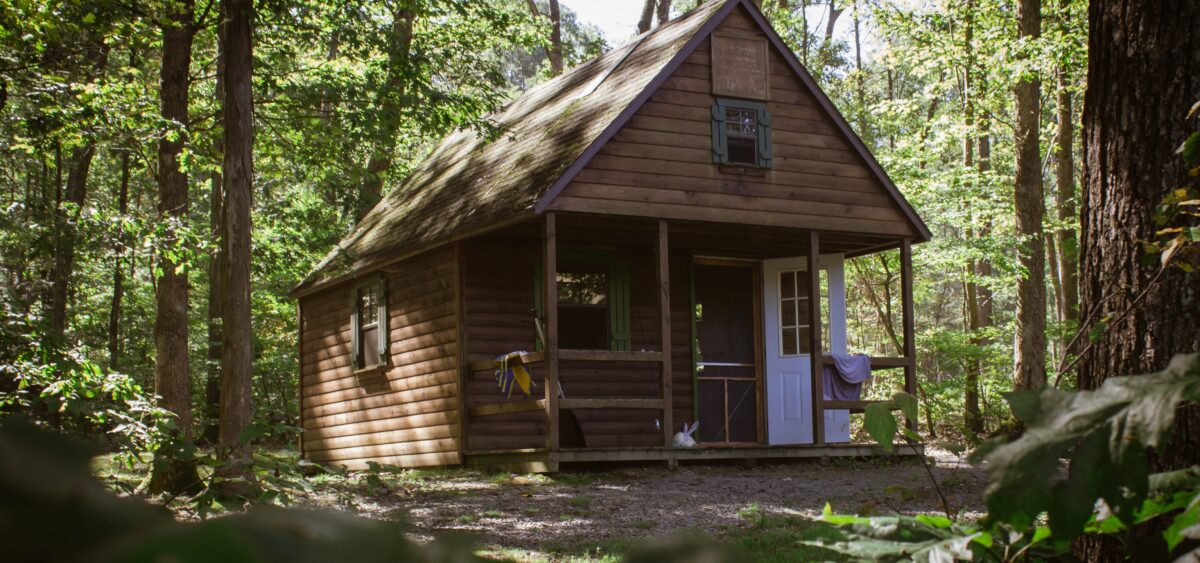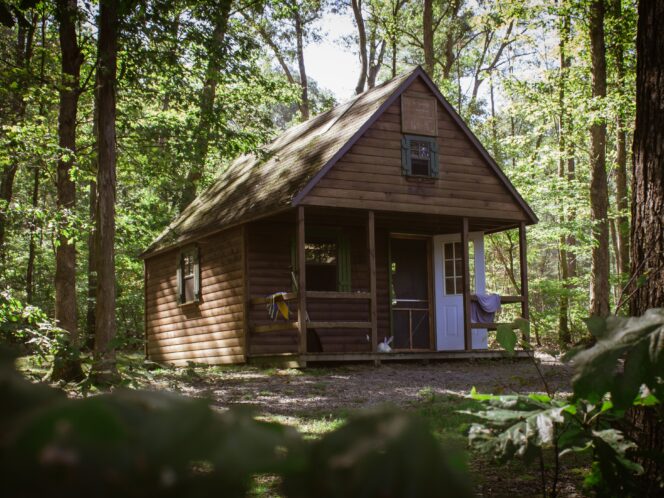
Towards the end of last summer, we started watching the Netflix miniseries Our Planet. I have my reservations about it. I’m a bit wary of the narration, which from the very start introduces the theme of a “stable Eden” that “nurtured our civilization for generations”. In my view, more-than-human nature is not, has not been, and does not need to be ‘Eden’, nor is it obliged to ‘nurture’ our civilization. Moreover, the Judeo-Christian mythology that speaks of lost Edens belongs to the outlook that is co-responsible for the present ecological crisis. We, humans, are not the apple in the universe’s eye. It’s high time we grew up and came to terms with this uncomfortable truth.
The images Our Planet offers are breathtakingly beautiful – and yet for precisely this reason they are dangerously akin to the capitalist logic of the spectacle, based on the assumption that beautiful and spectacular things or beings are worth saving, and not necessarily those that we, humans, cannot see, understand or use. It is precisely the logic that underlies the commodification of non-human nature: the market treats






